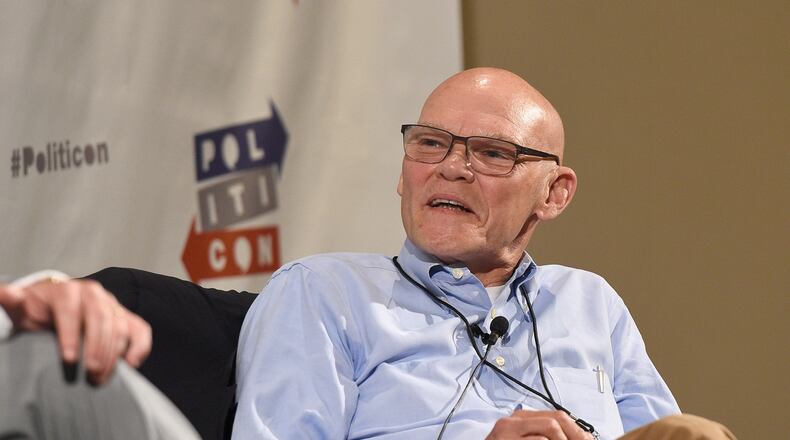A significant body of research shows that the economy plays a significant role in determining who wins the presidency. A strong economy is normally good news for a sitting president, while a week economy may spell doom for the president and the president’s party. Moreover, a recent survey suggested that the economy was the most important issue to voters for making decisions about who to vote for in the 2020 presidential election.
The COVID-19 crisis introduced significant volatility into the economy.
According to the US Bureau of Economic Analysis, the U.S. GDP declined at an annual rate of 31.4% during the second quarter of 2020, which marked the largest quarterly decrease on record. The decline was driven by drops in personal consumption, exports, nonresidential fixed investment, and state and local government spending. In late July, therefore, the economic news was quite grim for President Trump.
By the end of October, however, the economic situation completely changed. Real GDP increased at an annual rate of 33.1% during the third quarter according to the Bureau of Economic Analysis.
Increased spending in personal consumption, in exports, and in nonresidential fixed investment spurred this largest jump in GDP since records have been kept. In addition, the Census Bureau reported in September that median household income reached a record high under President Trump and poverty reached its lowest level (10.5%) since estimates were initially published in 1959.
Most importantly, these record increases in income and decreases in poverty were realized across every region and various races. The poverty rate decreased for Blacks by 2%, for Asians by 2.8%, and for Hispanics by 1.8%.
Why is this economic story important? Because voters communicated that the economy was their No. 1 issue, then the positive or negative economic news should have been reflected in the poll numbers. Interviewers and debate moderators should have their questions on these areas. However, debates and interviews often focused on communicating a particular story: namely that the president is a racist.
Consider some of the questions moderator Chris Wallace asked in the first debate:
“Why did you decide . . . to end racial sensitivity training?”
“Do you believe there is systemic racism in this country?”
“Are you willing tonight to condemn white supremacists and militia groups?”
“Do you believe that there is a separate but unequal system of justice for blacks in this country?”
The questions drove a narrative that President Trump is racist. Surprisingly, President Trump actually performed better among Blacks and Hispanics in 2020 than he did in 2016.
Did voters reject the narrative that Trump was racist or did voters' perspective on the economy trump their feelings about a candidate’s supposed racism? Perhaps the lesson we learned is this: regardless of what one thinks about a candidate’s character, his divisiveness, or the polls, James Carville is correct: “It’s the economy, stupid.”
John Tarwater is an associate professor of finance with doctoral degrees in both finance and ethics. He is the author of various articles in professional journals and edited volumes in both fields.
About the Author

